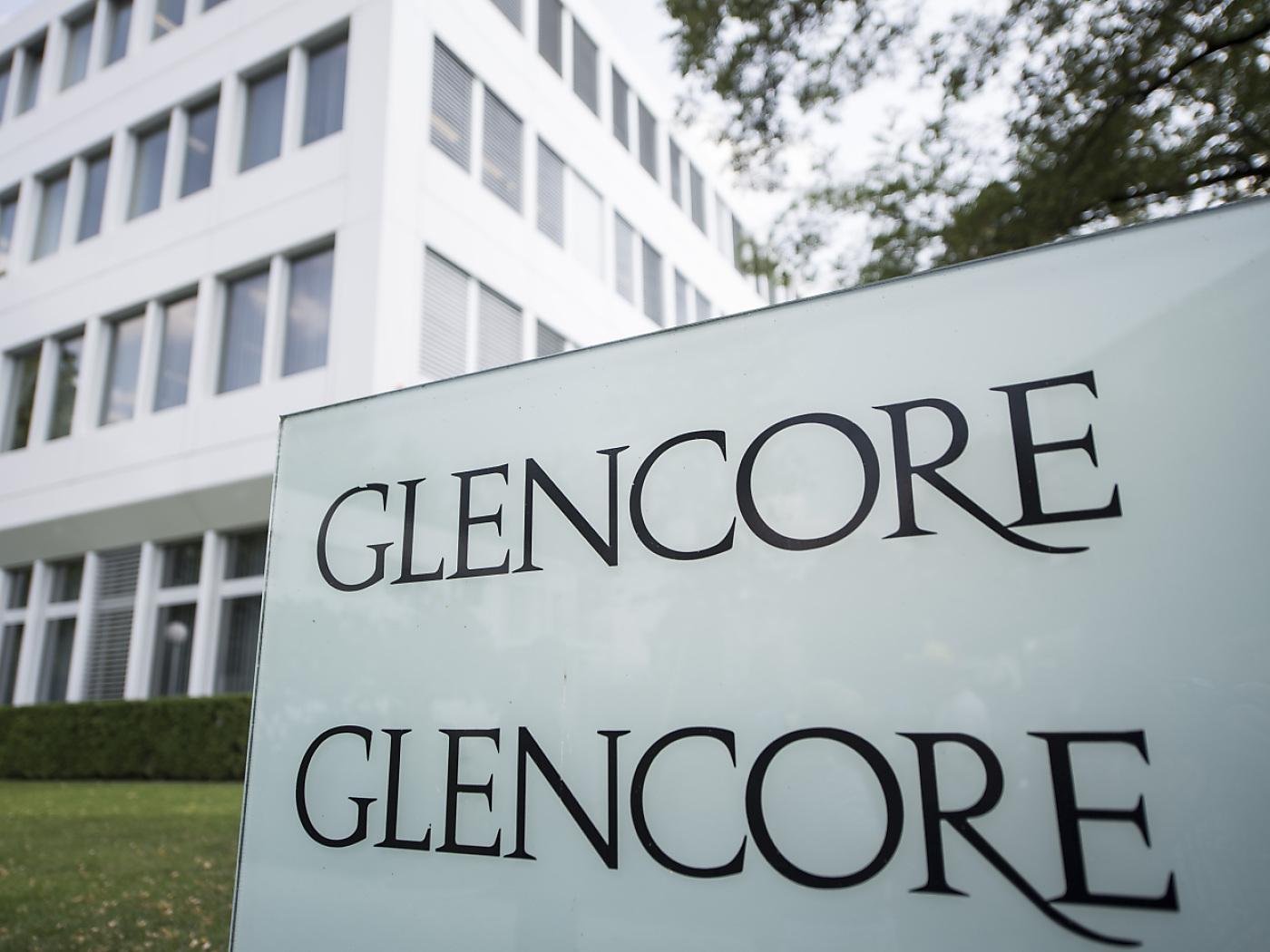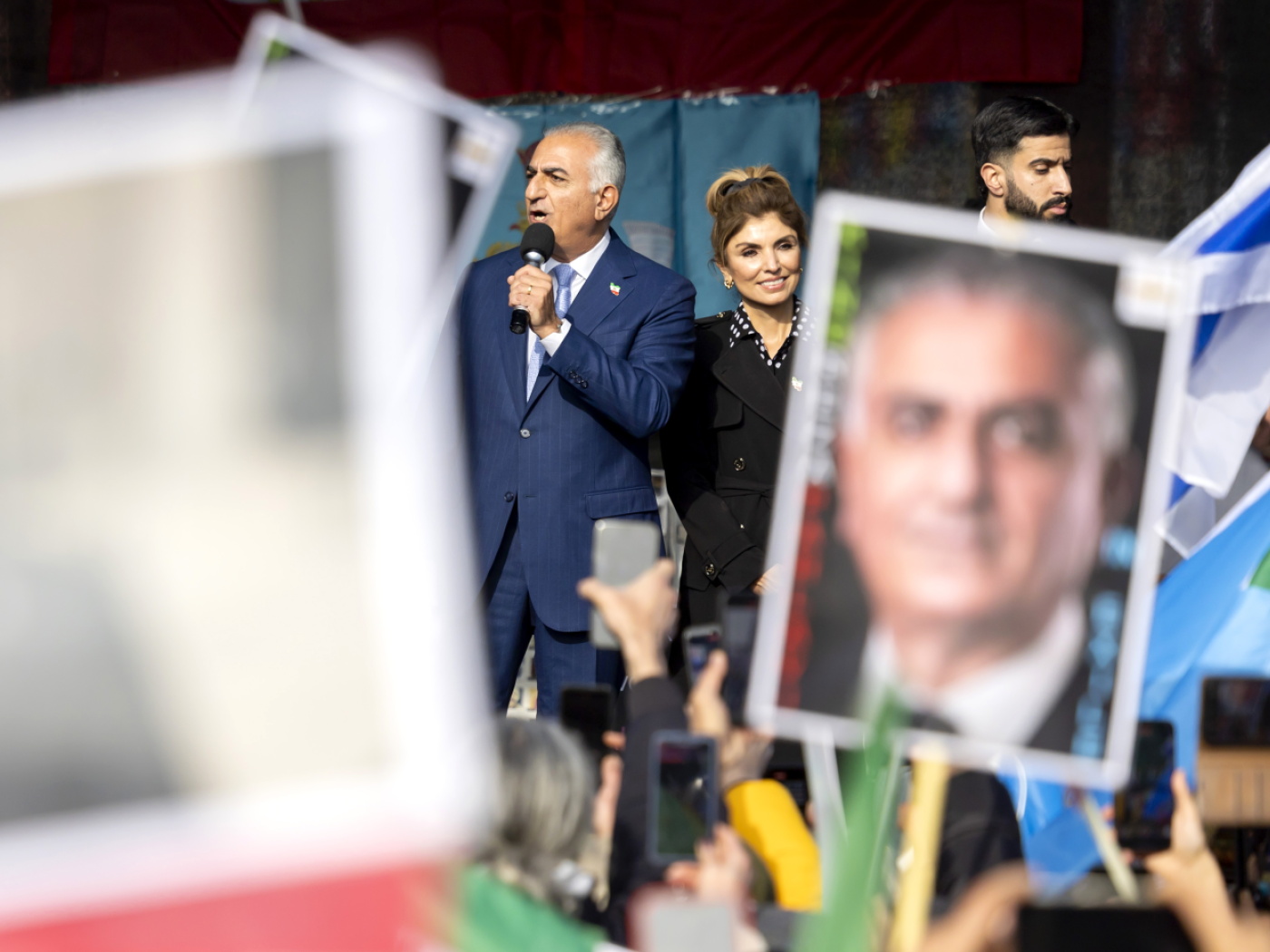Swiss neutrality initiative submitted with almost 133,000 signatures

The Pro Switzerland group and right-wing supporters submitted almost 133,000 signatures in Bern on Thursday in support of the initiative.
The people’s initiative on “Safeguarding Swiss neutrality (neutrality initiative)” calls for perpetual and armed neutrality to be enshrined in the country’s constitution.
The initiative received an unexpectedly high level of support, Pro Switzerland wrote on Thursday, adding that this was a strong sign that neutrality must remain central to the country’s foreign, domestic and security policy.
+ Dialogue: does Swiss neutrality have a future?
Limited sanctions
According to the initiative, Switzerland should not join any military or defence alliance. Cooperation with such alliances would be however permitted if Switzerland was to be directly attacked. Switzerland should also neither impose nor support sanctions unless it is obliged to do so by the United Nations (UN).
Sanctions imposed by the European Union (EU), such as those on Russia following its attack on Ukraine, would no longer be applied by Switzerland should voters accept the initiative. However, the country would still be obliged to ensure that sanctions imposed by other states could not be circumvented.
The neutrality initiative would also oblige Switzerland to offer its “good offices” and use its perpetual neutrality to prevent and resolve conflicts and be available as a mediator.
+ Focus: how neutral really is Switzerland?
‘Rash and contrary to neutrality’
Shortly after the Russian attack on Ukraine, the government adopted EU sanctions against Russia “rashly and contrary to neutrality”, according to Pro Switzerland. The initiative was launched in November 2022, a few months after the Russian invasion.
The initiative was given a boost by Defence Minister Viola Amherd’s “full steam ahead approach with NATO”, the committee says. Many parties and one member of the Federal Council, the government’s executive body, wanted to soften and water down neutrality, said former right-wing parliamentarian Walter Wobmann when submitting the signatures.
Many signatures came from French-speaking Switzerland and Geneva, which showed that people want to hold on to traditional values such as peace diplomacy and humanitarian aid, the committee wrote. The city is home to the International Committee of the Red Cross (ICRC) and many UN organisations and offers a platform for the humanitarian tradition on neutral ground.
‘Becoming a party to the war’
Before the launch, the former right-wing government minister Christoph Blocher had campaigned in favour of the neutrality initiative. By adopting the Russia sanctions, Switzerland became a party to the war, Blocher said before handing over the signatures.
He spoke of an irresponsible weakening of the principle of neutrality. The initiative aims to comprehensively enshrine neutrality in the constitution by including a ban on non-military coercive measures. However, Blocher is not on the initiative committee.
The committee does include Stephan Rietiker, president of the Pro Switzerland movement, as well as People’s Party parliamentary group leader Thomas Aeschi, parliamentarian Pierre-André Page and former parliamentarians Wobmann – as president – and Hans-Ueli Vogt.
Pro Switzerland was founded shortly before the initiative was submitted, in the presence of Blocher. The new association was formed alongside the Campaign for an Independent and Neutral Switzerland, the organisation ‘No to creeping EU accession’ and the ‘Business association against EU accession’.
Criticism from the Greens
Criticism came from the Greens, who said the initiative would benefit dictators and war criminals and harm security by isolating Switzerland. The security of the small neutral state was based on a stable international order and good relations with its partners, “both of which are being torpedoed with this initiative.”
Adapted from German by DeepL/kp
This news story has been written and carefully fact-checked by an external editorial team. At SWI swissinfo.ch we select the most relevant news for an international audience and use automatic translation tools such as DeepL to translate it into English. Providing you with automatically translated news gives us the time to write more in-depth articles.
If you want to know more about how we work, have a look here, and if you have feedback on this news story please write to english@swissinfo.ch.

In compliance with the JTI standards
More: SWI swissinfo.ch certified by the Journalism Trust Initiative


















You can find an overview of ongoing debates with our journalists here . Please join us!
If you want to start a conversation about a topic raised in this article or want to report factual errors, email us at english@swissinfo.ch.